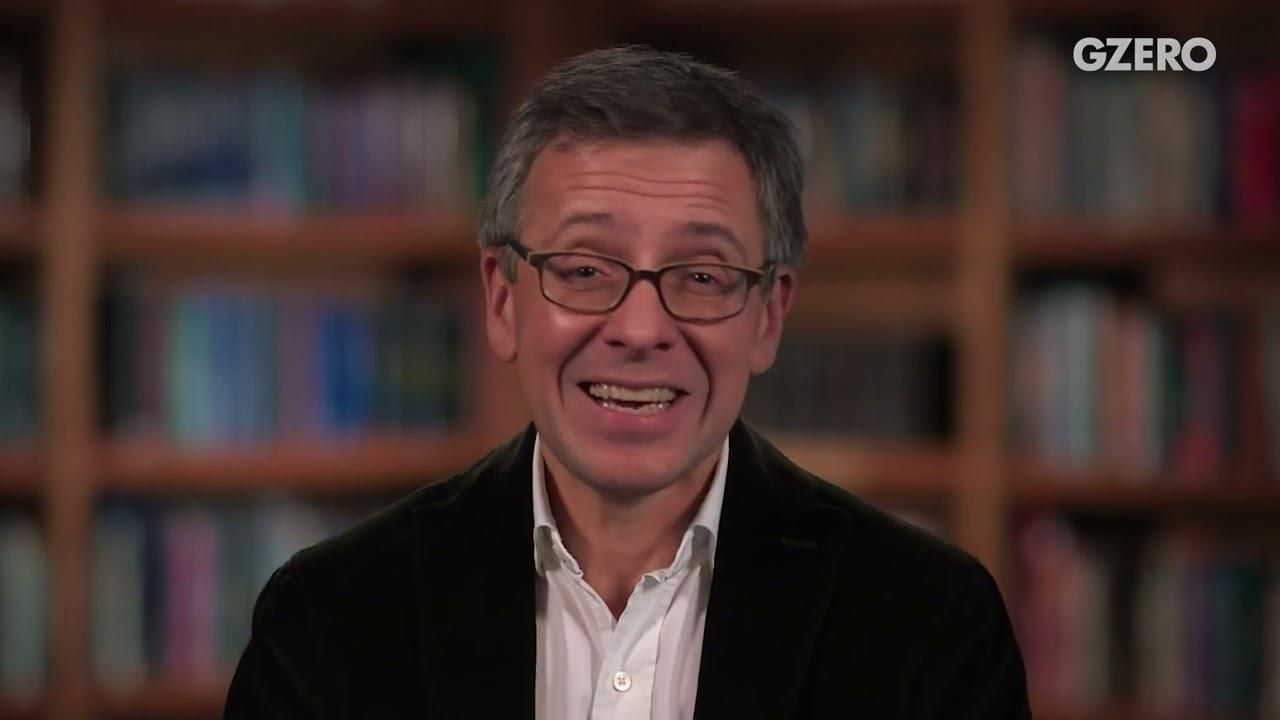February 15, 2022
In the past few weeks, the value of cryptocurrencies has been slashed by half over fear, uncertainty, and doubt (aka FUD) of US interest rate hikes and new regulation.
That means NYC Mayor Eric Adams, NFL quarterback Aaron Rodgers and basketball star Klay Thompson all face pay cuts because they get their salaries in crypto.
Yet, the crypto bros out there have not lost faith.
El Salvador’s crypto-loving President Nayib Bukele is still going strong, ignoring calls by the IMF to stop using bitcoin as legal tender.
What's the big deal about bitcoin anyway?
Critics say it's a Ponzi scheme for criminals. The online black market does take bitcoin, which is also the go-to payment scheme in rug-pull scams.
But crypto fans insist that the tech is anonymous, secure, and unhackable. Not to mention cutting out the middleman: untrustworthy banks.
In fact, crypto has already gone so mainstream that Goldman Sachs predicts it'll compete with gold, and JP says that blockchain will be the backbone of Web 3.0 — a new, more decentralized internet.
The flip side: it could also go to zero.
Watch the GZERO World episode: Does China's rise have to mean America's decline?
More For You
Americans are moving less — and renting more. Cooling migration and rising vacancy rates, especially across the Sunbelt, have flattened rent growth and given renters new leverage. For many lower-income households, that relief is beginning to show up in discretionary spending. Explore what's changing in US housing by subscribing to Bank of America Institute.
Most Popular
Walmart sponsored posts
Walmart’s commitment to US-made products
What's Good Wednesdays
What’s Good Wednesdays™, February 4, 2026
World Central Kitchen staff hand out free soup in a neighbourhood that experiences electricity and heating outages following recent Russian attacks on Ukraine’s civilian infrastructure during subzero temperatures in Kyiv, Ukraine February 3, 2026.
REUTERS/Thomas Peter
1,170: The number of high-rise buildings in Kyiv that were left without heating following a barrage of Russian attacks last night on Ukraine’s capital and its energy facilities, per Kyiv Mayor Vitali Klitschko.
Protesters gather during a candlelight vigil, and interfaith prayer at Fort Lauderdale-Hollywood International Airport as airport workers and faith leaders rally calling on the federal government to extend Temporary Protected Status for Haiti on Jan. 28, 2026.
Diaz/Miami Herald via ZUMA Press Wire
Over the past five years, Haiti has endured extreme political turmoil, escalating violence, and one of the world’s worst humanitarian crises.
Microsoft unveiled a new set of commitments guiding its community‑first approach to AI infrastructure development. The strategy focuses on energy affordability, water efficiency, job creation, local investment, and AI‑driven skilling. As demand for digital infrastructure accelerates, the company is pushing a new model for responsible datacenter growth — one built on sustainability, economic mobility, and long‑term partnership with the communities that host it. The move signals how AI infrastructure is reshaping local economies and what people expect from the tech shaping their future. Read the full blog here.
© 2025 GZERO Media. All Rights Reserved | A Eurasia Group media company.
